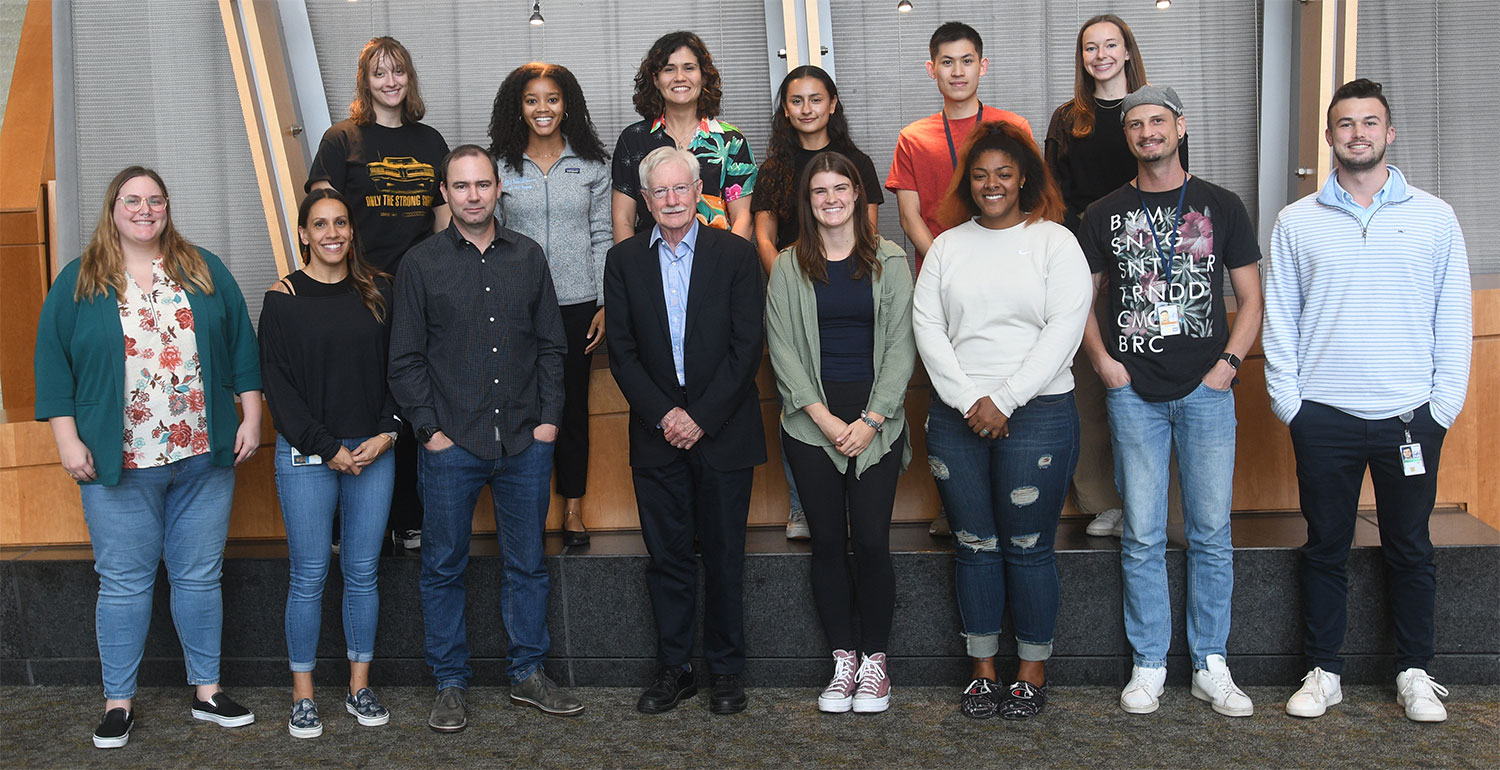 A division of the Integrative Neuroscience Branch
A division of the Integrative Neuroscience Branch
A joint laboratory of the National Institute on Drug Abuse (NIDA) and National Institute on Alcohol Abuse and Alcoholism (NIAAA)
Unit Chief
Leandro F. Vendruscolo, Ph.D., Pharm.D., M.Sc.
Contact
Location:
Biomedical Research Center
251 Bayview Boulevard
Suite 200, Room 08A723
Baltimore, MD 21224
Email: leandro.vendruscolo@nih.gov
About the Lab
In accordance with NIDA’s overall mission, the Stress and Addiction Neuroscience Unit (SANU) conducts research on understanding neurobiological bases of alterations in motivational states that are associated with alcohol and other substance use disorders (ASUD) at the neurocircuitry, cellular, and molecular levels. SANU studies involve multidisciplinary approaches using preclinical models with translational relevance. SANU also conducts research on identifying neurotransmitter systems, neuronal networks and cellular interactions linking stress systems, “brain-body” communication (interoception), and the motivation for drug seeking and taking. SANU’s overall goal is to provide critical information about the biological systems that control motivation for drugs and contribute to the development of better strategies for the prevention, diagnosis, and treatment of ASUD.

